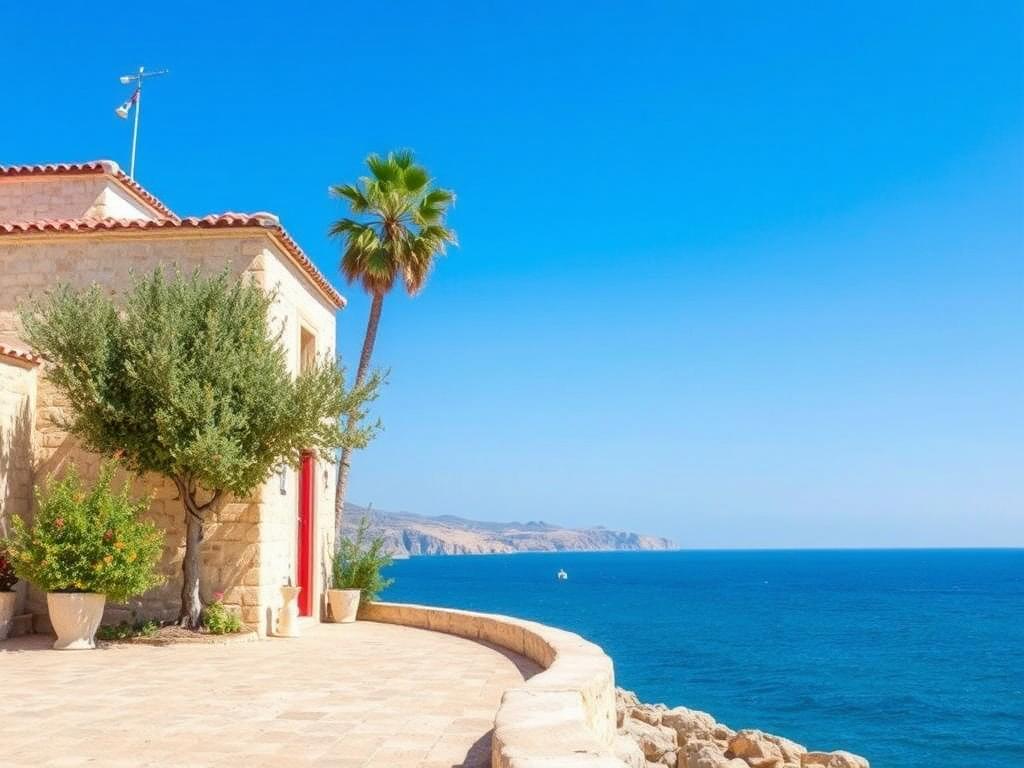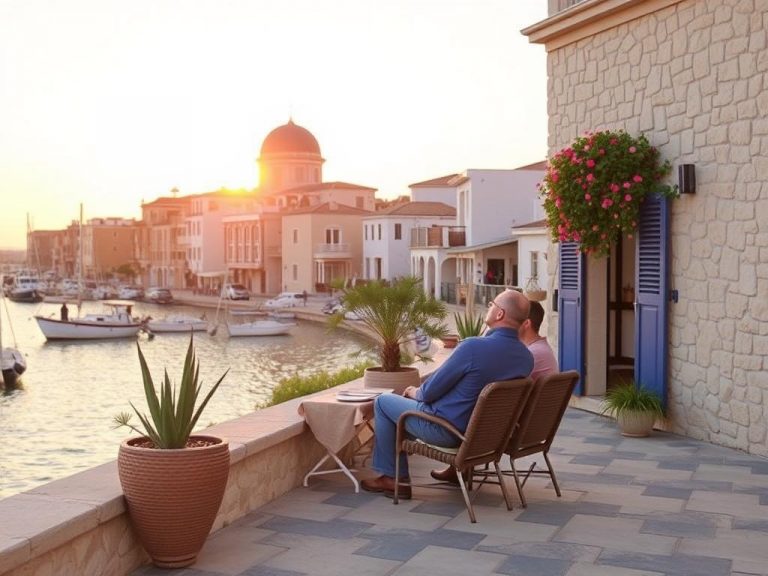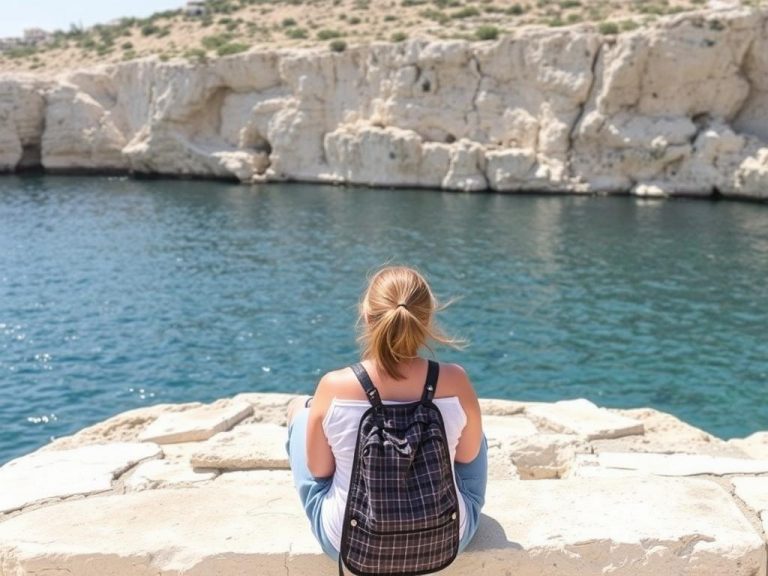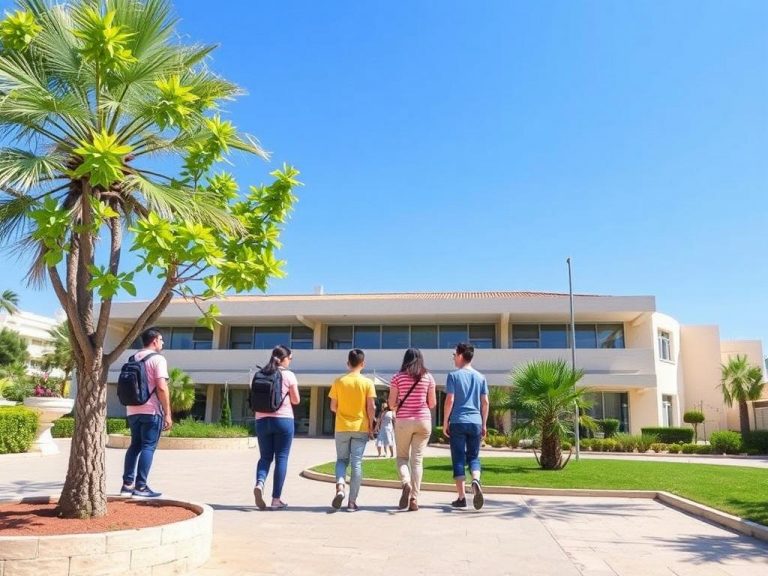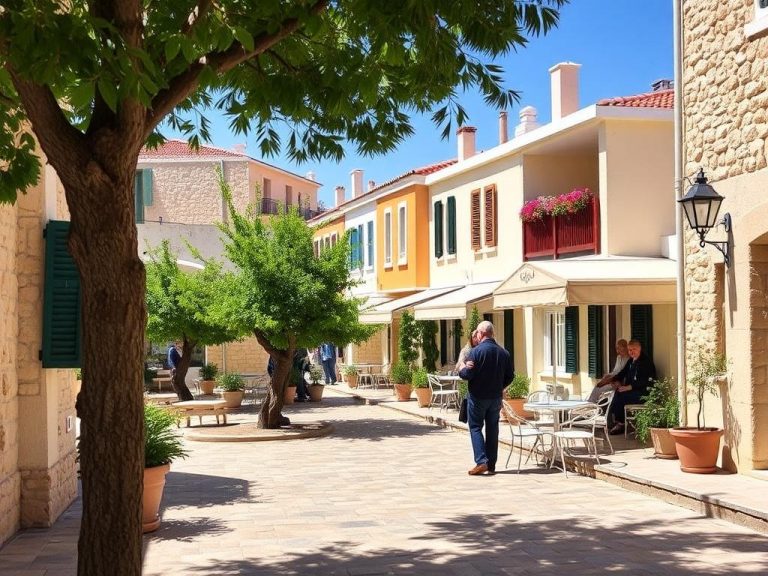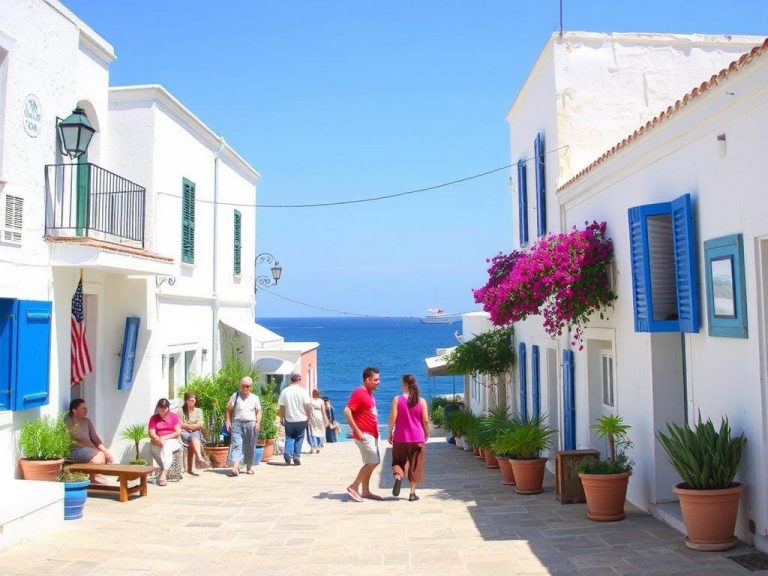Adapting to Cyprus Seasons: Year-Round Living Guide
Living in Cyprus means experiencing a unique Mediterranean climate that shapes daily life and cultural practices throughout the year. The island’s weather varies enough across seasons to require thoughtful adaptation but offers the comfort of generally mild conditions compared to many other European locations. This guide delves into how to approach seasonal living Cyprus-style, taking into account weather adaptation Cyprus natives master, preparing for the island’s prolonged summers, and enjoying the diverse winter activities Cyprus offers. Whether you plan to move to Cyprus or just want to maximize your stay, understanding how to live comfortably and efficiently through its seasons is essential.
Understanding the Climate Patterns: The Basis of Weather Adaptation Cyprus Residents Employ
Cyprus has a Mediterranean climate characterized by hot, dry summers and mild, wet winters. This pattern affects everything from daily schedules and energy consumption to social behaviors and local traditions. Weather adaptation Cyprus inhabitants develop is subtle yet deeply ingrained; it involves practical adjustments both in lifestyle and structural design of homes and public spaces.
The summers, typically lasting from late May to September, are notably hot, with average daytime temperatures often exceeding 33°C (91°F). Nights may bring some relief but generally remain warm. The heat is compounded by intense sunshine and low humidity inland. Coastal areas enjoy moderating sea breezes but still face the challenge of managing prolonged heat stress.
Winters span from December to February, being significantly milder. Average lows hover around 7°C (45°F), with occasional rain and sporadic frost in the mountainous regions. Snowfall is rare but usually confined to the Troodos Mountains, sparking particular local customs and outdoor activities during these winter months.
Cyprus residents’ ability to adapt to a climate of extremes—from hot, dry summers to cooler, wetter winters—is key to their quality of life.
Spring and autumn serve as transitional seasons, offering moderate weather that affects local agriculture, tourism, and social patterns. Recognizing these gradual and sometimes abrupt changes informs year-round planning, both for visitors and residents.
Summer Preparation Cyprus Requires: Managing Heat and Maximizing Comfort
Preparing for the Cypriot summer involves strategic planning given the prolonged and intense heat. This preparation is vital not only for physical comfort but also for health, energy efficiency, and maintaining daily productivity.
One fundamental aspect of summer preparation Cyprus homeowners implement is the use of architectural features designed to mitigate heat gain. Thick walls made of local stone, small windows draped with shutters, and the incorporation of courtyards contribute to cooler indoor spaces. Furthermore, modern adaptations include insulation, reflective coatings on roofs, and advanced cooling systems tailored to the demands of prolonged heat.
Clothing choices switch to light, breathable fabrics such as cotton and linen, traditionally worn in loose fits to encourage air circulation. Sunscreen usage rises as the ultraviolet exposure increases dramatically, and outdoor activities are often scheduled in the cooler early mornings or late evenings.
Nutrition and hydration also adapt seasonally. Local diets emphasize fresh fruits, vegetables, and seafood, which are hydrating and easier to digest under heat stress. Cold beverages and traditional drinks like karkade (hibiscus tea) and lemonade are popular for maintaining hydration.
Efficient summer preparation in Cyprus balances architectural design, thoughtful lifestyle changes, and traditional knowledge to thrive amid intense heat.
| Summer Preparation Elements | Implementation | Benefits |
|---|---|---|
| Shaded architecture | Use of shutters, thick walls, and courtyards | Reduces indoor temperature, lowers cooling costs |
| Cooling systems | Air conditioning, fans, insulation | Makes indoor environment comfortable and safe |
| Clothing and sun protection | Light, breathable fabrics; sunscreen use | Prevents heat exhaustion, skin damage |
| Dietary adjustments | Hydrating foods and drinks | Maintains hydration and energy levels |
Winter Activities Cyprus Offers: Embracing the Cooler Season
Winter in Cyprus is mild compared to northern Europe, but the season brings its own rhythms and recreational opportunities. Winter activities Cyprus residents partake in range from outdoor pursuits to cultural and social events, showcasing how the local lifestyle adjusts to cooler weather.
The Troodos Mountains become a hub for winter sports when snow falls, attracting both locals and tourists. Skiing, snowboarding, and hiking in frost-covered landscapes offer a refreshing contrast to summer’s heat. Nearby villages host winter festivals and traditional celebrations that deepen community connections during this quieter period.
Elsewhere on the island, winter provides a perfect environment for walking tours, bird watching, and agricultural activities. The rain rejuvenates vegetation and supports olive and citrus harvesting, which happens primarily from November through January. This work is both a livelihood and a seasonal tradition, knitting residents to the land.
Urban centers adjust by slowing outdoor social events but promote indoor ones such as theater, music, and family gatherings. The relative mildness means that outdoor cafés and restaurants remain open with added heating arrangements, catering to those who still want to enjoy the fresh air despite cooler temperatures.
Winter in Cyprus offers a refreshing change of pace, inviting residents and visitors to engage with both nature and culture uniquely shaped by the season.
Navigating Transitional Seasons: Spring and Autumn in Cyprus
Spring and autumn in Cyprus are often overlooked seasons but are critical for weather adaptation Cyprus locals respect deeply. These are the periods of preparation and regeneration, facilitating movement from the extremes of summer and winter.
Spring typically involves a marked increase in outdoor activities. The island blooms with wildflowers, and the temperature climbs gradually, avoiding the intensity of summer heat. This season is critical for tourists who prefer milder conditions and longer daylight for exploration.
Similarly, autumn marks the gradual cooling of weather and signals the start of agricultural cycles related to the harvest. It’s also the prime time for festivals celebrating food, wine, and heritage, integrating the seasonal calendar into social life.
From a practical perspective, these seasons are the best times to address home maintenance and repairs, something that weather adaptation Cyprus residents include in their annual planning. Preparing homes for summer heat or winter wetter conditions during these moderate periods improves resilience and comfort.
Seasonal Living Cyprus: Adjustments in Daily Life and Infrastructure
Seasonal living Cyprus-style requires continuous adjustments in routine and infrastructure. Public systems such as water supply, electricity networks, and transportation adapt to fluctuating demand driven by the temperature, population shifts, and tourism flux.
Water management is particularly critical, as the dry summer months deplete resources. Strategies include widespread use of water-saving appliances, rainwater harvesting during winter, and public awareness campaigns focusing on conservation. Electricity consumption peaks in summer due to air conditioning, prompting the government and private sectors to optimize energy distribution and invest in renewable sources such as solar power.
Public transport schedules are modified to suit seasonal patterns, especially in tourist-heavy zones offering increased service in spring and summer. Urban planning also reflects seasonal needs, with changes in public space usability that encourage shade in summer and sun exposure during cooler months.
Adapting infrastructure to seasonal needs is essential in Cyprus, ensuring sustainability, comfort, and efficiency year-round.
Tips for Tourists and New Residents: Mastering Seasonal Living Cyprus
Whether visiting short-term or settling long-term, mastering seasonal living Cyprus requires an understanding of how the island’s rhythm affects daily life. Tourists benefit from aligning trips with favorable seasons, preparing for the heat if traveling in summer or packing warmer clothes for winter mountain excursions.
New residents should consider property orientation and design to maximize comfort through seasons. Knowing local customs and festivals related to seasonal changes can enhance social integration and enjoyment. Moreover, registering with local health services to be informed of seasonal health risks such as heatstroke in summer or flu in winter can improve overall wellbeing.
Seasonal living Cyprus involves flexibility and anticipation. Staying informed on weather forecasts and events enables better planning and reduces stress. Resources such as community groups, expatriate forums, and official tourism sites provide valuable insights into specific adaptations needed through the year.
Unlocking the Rhythms: Embrace and Thrive with Cyprus Seasons
Living in Cyprus is an invitation to adapt to a climate that challenges residents to live in tune with the varying demands of the year. The island’s weather adaptation Cyprus community employs is a blend of tradition, innovation, and attentiveness that ensures both comfort and vitality.
Mastering summer preparation Cyprus-style guards against the intensity of heat by combining architectural wisdom and lifestyle adjustments, while winter activities Cyprus invites offer fresh opportunities to engage physically and culturally. Transitional seasons bring balance, encouraging renewal and readiness for what lies ahead.
Seasonal living Cyprus is more than enduring changes; it is about embracing each phase with a deep understanding and respect for nature’s influence on human success and happiness. Whether you are a visitor, a new resident, or a long-time local, thriving here depends on your willingness to sync your life with the island’s beautiful and challenging seasons.
Cyprus’ seasons are not obstacles but gateways to a richer, more connected way of living—embrace their rhythm and thrive.
Frequently Asked Questions
-
What is the best time of year to move to Cyprus considering seasonal adaptation?
Spring and autumn are ideal for moving, as temperatures are moderate, making weather adaptation Cyprus residents easier and allowing comfortable settling into new routines.
-
How can I prepare my home to handle Cyprus summer heat effectively?
Use shading elements like shutters, invest in insulation and cooling systems, and choose light-colored roofing materials to reflect heat and maintain indoor comfort.
-
Are there major winter activities beyond mountain sports in Cyprus?
Yes, winter includes cultural festivals, olive and citrus harvesting, indoor social events, and coastal nature activities like bird watching and hiking.
-
How do local diets change with seasons in Cyprus?
Diets emphasize fresh, hydrating foods such as fruits, vegetables, and seafood during summer, while winter meals incorporate heartier, warming ingredients aligned with local agriculture.
-
What infrastructure changes happen seasonally in Cyprus?
Water conservation measures intensify in summer, electricity grids accommodate high cooling demand, and public transport schedules adapt to tourism flux across seasons.
-
Can I participate in local traditions related to Cyprus’ seasons as a newcomer?
Absolutely. Engaging in seasonal festivals and agricultural events is a great way to integrate and experience authentic Cypriot culture year-round.
-
What are common health concerns to watch for in Cyprus’ seasonal climate?
Heat-related illnesses are a concern in summer, while winter might bring respiratory issues. Adequate hydration, sun protection, and vaccination for flu are recommended precautions.
